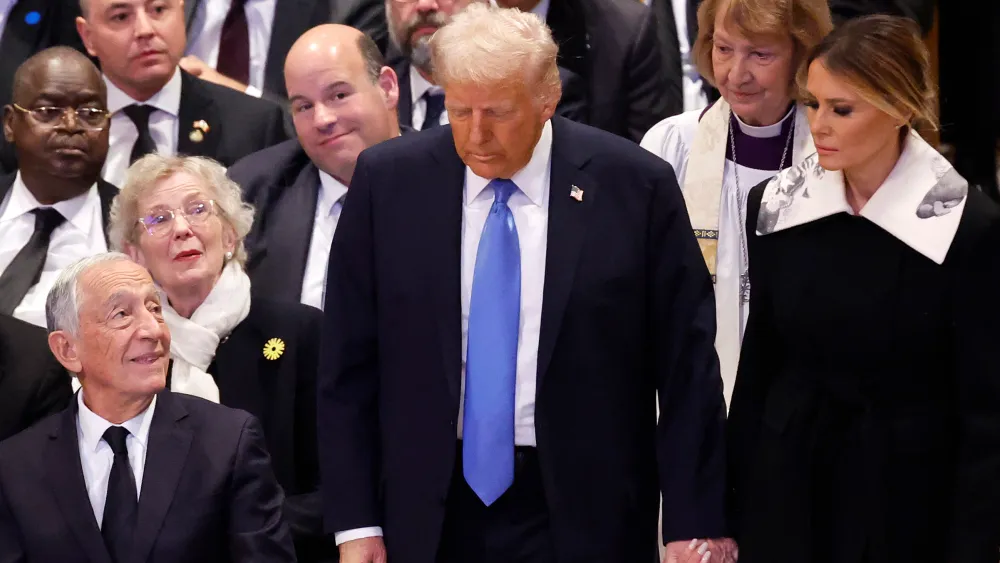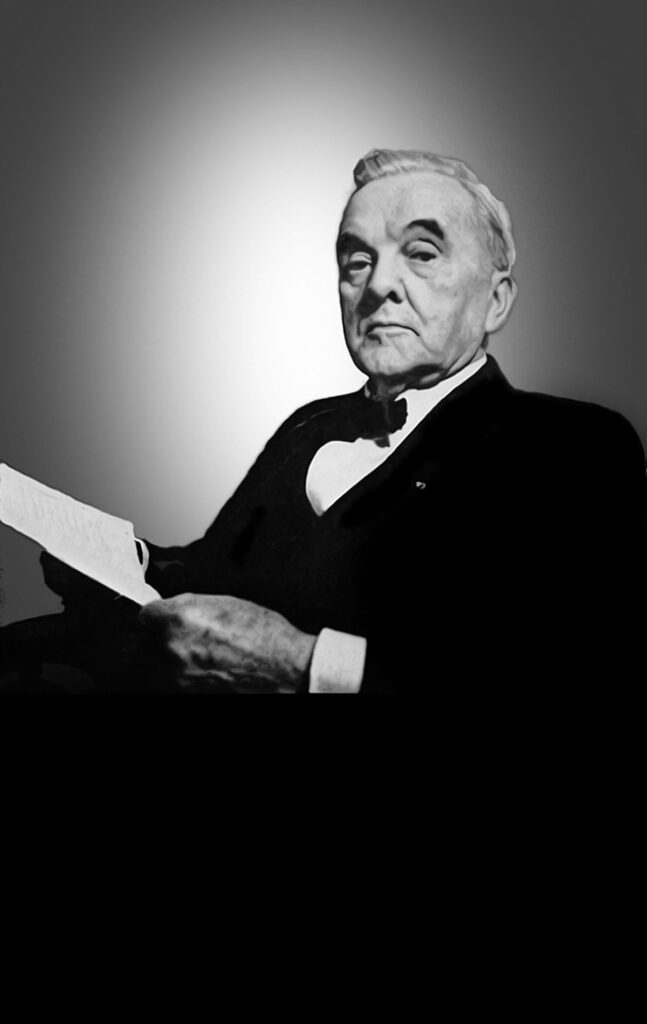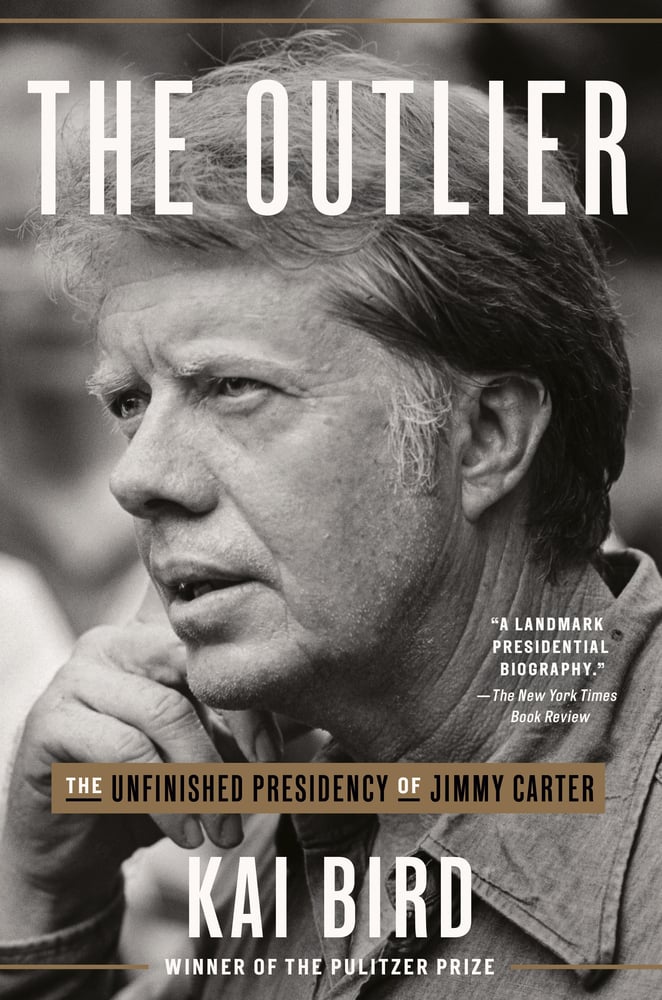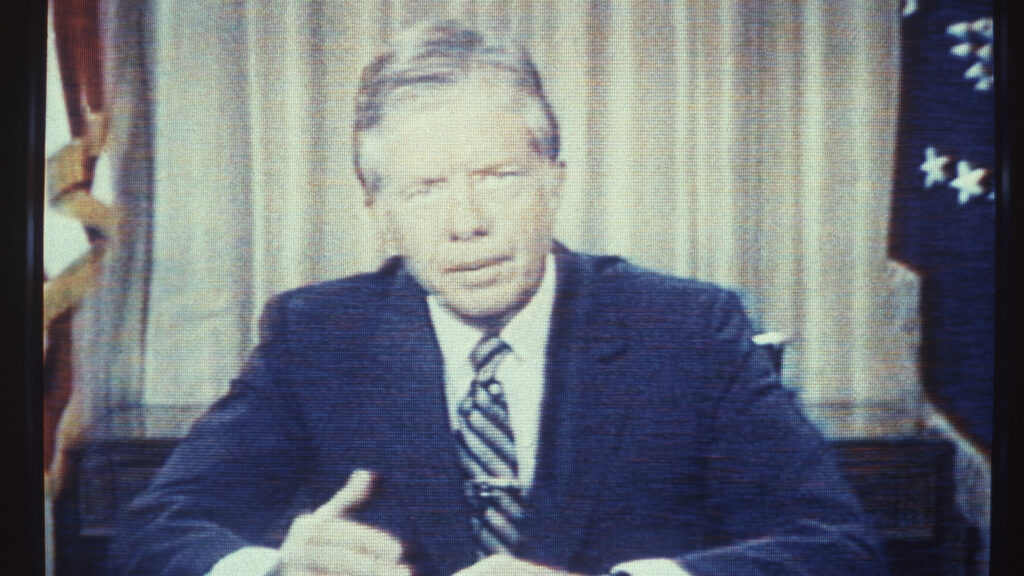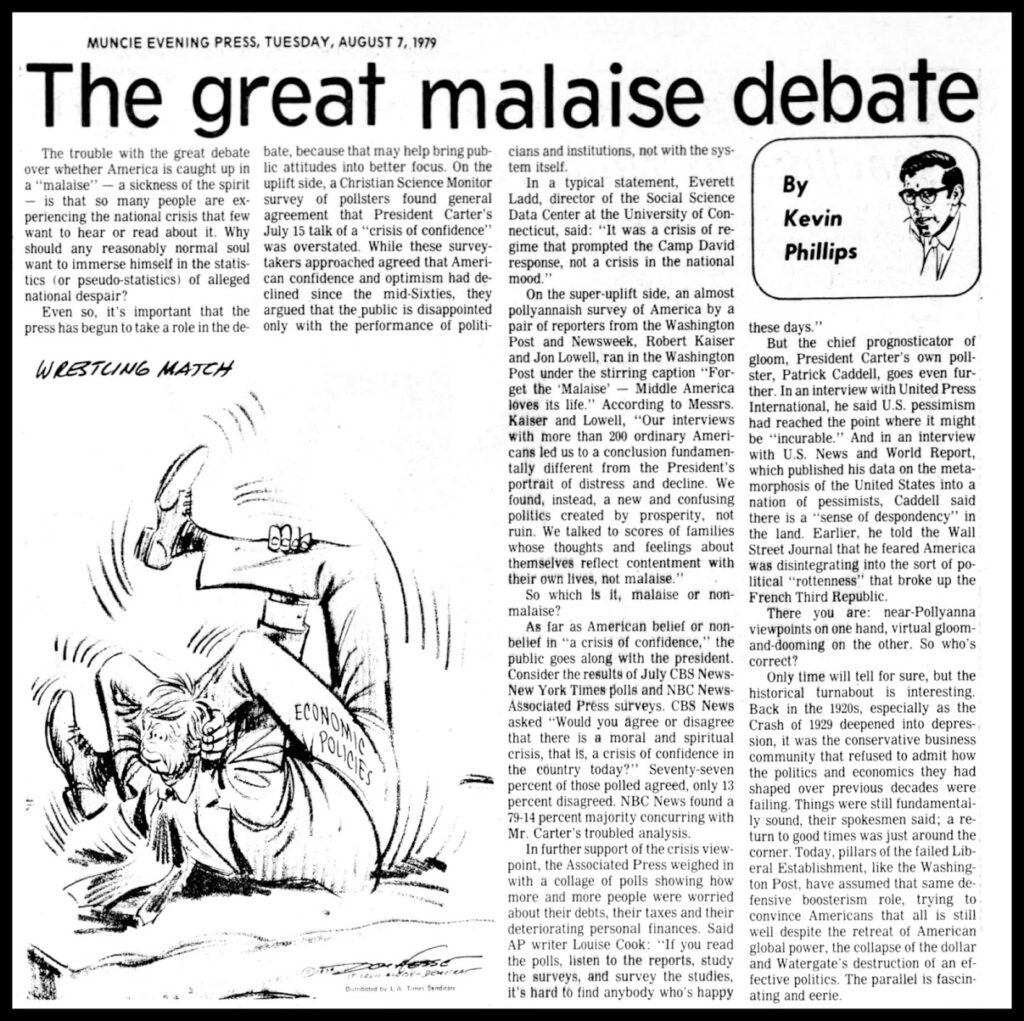Donald Trump’s inaugural this week had some of the trappings of the dozens of other times an American president has assumed office, but swearing on a Bible wasn’t among them. Nor was the almost immediate violation of his oath to uphold the Constitution, a solemn promise that lasted about as long as some of his first-term Cabinet members.
It is not constitutional to “suspend” a law passed by Congress and signed by the president, as Trump has done with the TikTok ban. It is not constitutional to effectively suspend a portion of the 14th Amendment to the Constitution, ratified in 1868, which is what Trump has done with an executive order regarding “birthright” citizenship.
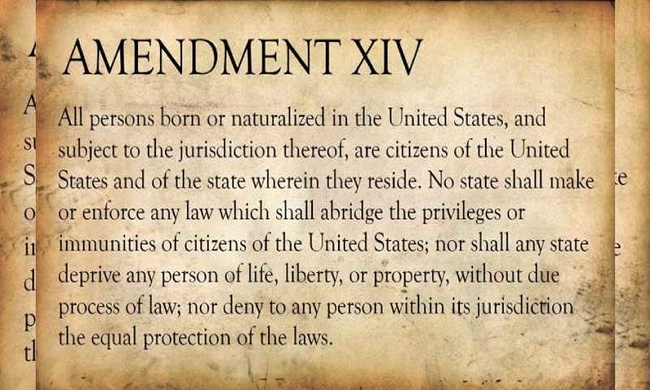
Trump, as the writer Jonathan Last observed, began the week acting like a wartime president: “It’s just that he’s going to war against America.”
Or, as political scientist Jonathan Bernstein wrote: “Donald Trump’s biggest campaign promise was to govern as a lawless authoritarian, and on his first day of office he showed everyone that he intends to keep that promise.”
Every authoritarian in the history of the world — and Trump certainly qualifies — requires for his success a cadre of little, characterless, fearful men — always overwhelmingly men — who willingly debase their reputations, their sense of morality, indeed their very identity in service to the authoritarian.
This was a week of behavior and action egregious even by Trump’s authoritarian standards, including especially the unconditional pardons of more than 1,500 Americans convicted or charged for their roles in the Trump-inspired Capitol riot of Jan. 6, 2021. Still, his little, fearful men snapped smartly to attention or, in many cases, simply acted as though pardoning a crowd of police-assaulting thugs was somehow within the mainstream of American democracy. It’s not.
You’re not among the crazy ones if you believe this is appallingly, horribly wrong.
One American who had every possible reason to be outraged was former Washington, D.C., Metropolitan police officer Michael Fanone, who suffered a heart attack and brain injury after being shocked with a Taser by one of the rioters Trump pardoned.
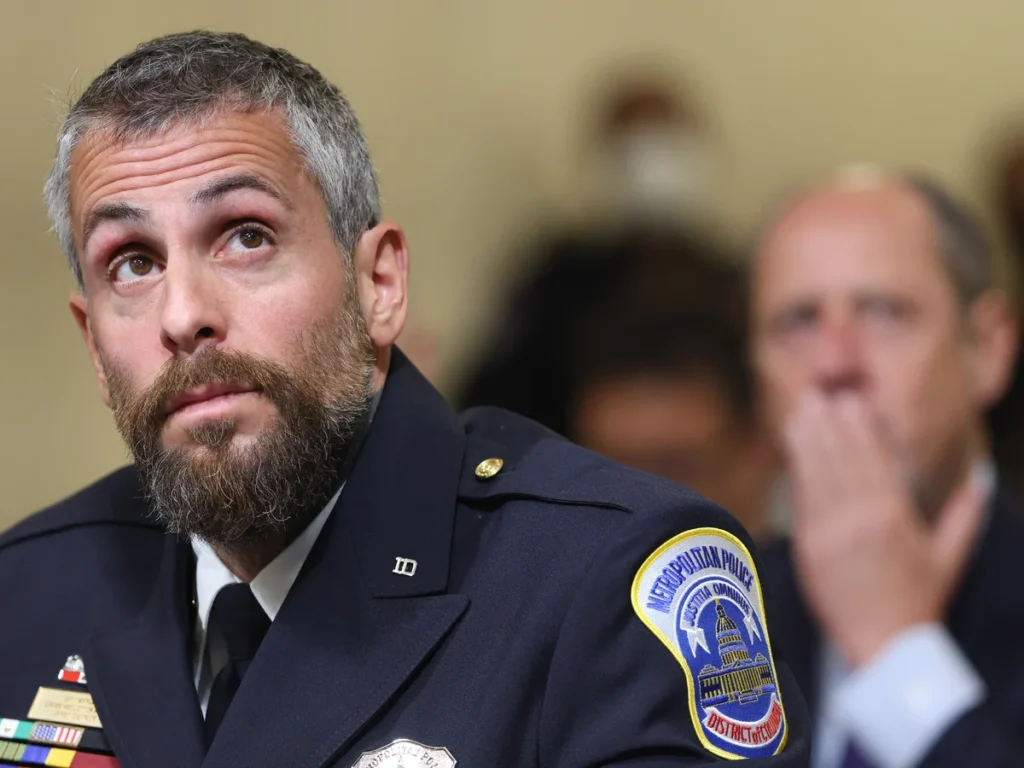
“The only thing going through my mind is that this is what the American people voted for,” Fanone told CNN. “I have been betrayed by my country, and I have been betrayed by those who supported Donald Trump.
“Whether you voted for him because he promised these pardons or for some other reason, you knew that this was coming. And here we are.”
Speaking of small, characterless, fearful men, let’s talk about Idaho Senator James Risch. The criminal who used a Taser on Fanone — his name is Daniel “D.J.” Rodriguez — is the same man who vandalized Risch’s Senate hideaway office on our national day of infamy.
Rodriguez, as the New York Times summarized, “fired the stun gun at Fanone’s neck, twice. He also sprayed a fire extinguisher at the police and shoved a wooden pole at a line of officers.”
Judge Amy Berman Jackson, who sentenced Rodriguez to 12 years in prison, called him a “one-man army of hate, attacking police and destroying property” at the Capitol.
Trump pardoned Rodriguez and Risch said not a word, signaling to all the world that the current chairperson of the Senate Foreign Relations Committee and a ranking member of the Intelligence Committee is nothing more than a fearful, toadying apparatchik for our American authoritarian.
By way of reminder, when NBC reported on the videotape of rioters trashing Risch’s office, the senator was asked why he hadn’t said a word about the personal affront to him – and democracy – from the rioters. “I don’t do interviews on January 6, but thanks,” Risch said.
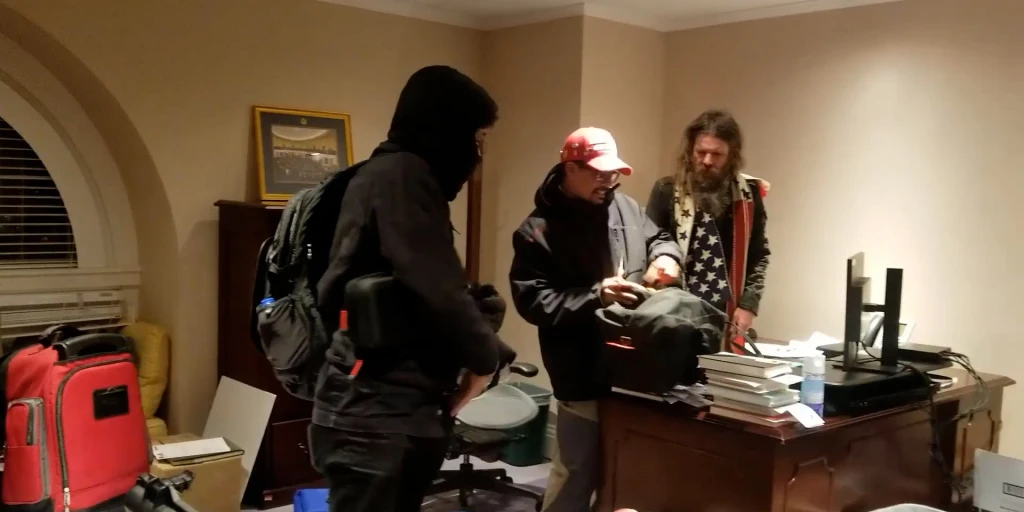
Imagine an earlier Risch: “I don’t do interviews on South Carolina seceding from the Union,” or “I don’t do interviews on presidents who resign to avoid impeachment, but thanks.”
You can count on one hand the Republicans who, even mildly, expressed disapproval of the Trump pardons. The rest know that criticism would bring down the wrath of Trump just as they know that pardoning leaders of the Proud Boys and Oath Keepers markedly increase the chances of more political violence.
If you believe, as Risch has always said — he began his 50-year life in politics as a prosecutor in Idaho’s largest county — that strong laws deterring bad behavior are the foundation of our legal system, then pardons of violent lawbreakers who beat and kill cops is an especially heinous abuse of power.
And before you fall for the false equivalency of “Biden issued pardons, too,” consider the vast difference between what Trump has done and what former President Joe Biden did with protective pardons of people who have been charged with nothing beyond standing up to Trump. Both men have abused the pardon power but for hugely different and not equivalent reasons.
With his pardons Trump has empowered his own “Brownshirts.” Risch and so many other little, fearful men know that with one social media post, Trump can sic his mob on them. And they know he would do just that. So they cower and refuse interviews that might touch on the abysmal abuses of our authoritarian.
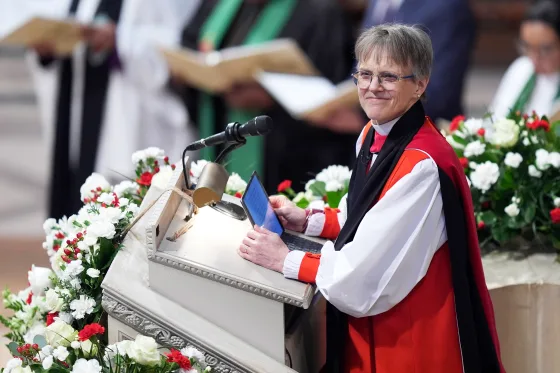
Few voices were raised this week in defense of decency, but one slight and very courageous woman did speak. Bishop Mariann Edgar Budde, the leader of the Episcopal diocese of Washington, D.C., spoke directly to Trump at a prayer service: “Let me make one final plea, Mr. President,” Budde said as Trump looked on in apparent discomfort. “In the name of our God, I ask you to have mercy upon the people in our country who are scared now. There are gay, lesbian and (transgender) children in Democratic, Republican, and independent families, some who fear for their lives.”
The bishop went on to say that “the vast majority of immigrants are not criminals. They pay taxes and are good neighbors.”
But the cowardly little men of the GOP can’t speak truth to power; indeed they hardly speak at all. Senate Majority Leader John Thune of South Dakota, to cite just one example, was asked for his reaction to Trump’s pardons. “We’re not looking backwards, we’re looking forward,” Thune said.
Thune didn’t bother to add that we have now seen what forward looks like.
—–o—–
Additional Reading:
I linked to some of these articles in the column above, but I want to highlight several that deserve particular attention.
Hitler Pardoned His Goons Too
Former U.S. Attorney and Deputy Assistant Attorney General Harry Litman writes:
“It was the abuses at Hohnstein Concentration Camp—an early detention center for communists and other political prisoners—that were too savage and notorious to ignore. In 1935, local prosecutors brought 23 [Nazi] guards at the camp to trial on charges of torture and brutal mistreatment, including widespread ‘suiciding’ of prisoners. The SA defendants were all convicted and sentenced to prison.
“Within a year, they were all out, released on Hitler’s orders. After the trial, senior Nazi officials demanded their release and acquittal. Then, in November 1935, Hitler pardoned every last one of the convicted men. It was a brutal demonstration of his domination of the judiciary and a key benchmark in his complete conquest of the rule of law in Germany—one that paved the way for his unchecked rule and thirst for world domination.”

(Photo by Hulton Archive/Getty Images)
As noted above, Trump has pardoned his own “Brownshirts.”
Read all of Litman’s post here.
How Hitler Dismantled a Democracy in 53 Days
Historian Timothy W. Ryback writes in The Atlantic:
“Ninety-two years ago this month, on Monday morning, January 30, 1933, Adolf Hitler was appointed the 15th chancellor of the Weimar Republic. In one of the most astonishing political transformations in the history of democracy, Hitler set about destroying a constitutional republic through constitutional means. What follows is a step-by-step account of how Hitler systematically disabled and then dismantled his country’s democratic structures and processes in less than two months’ time—specifically, one month, three weeks, two days, eight hours, and 40 minutes. The minutes, as we will see, mattered.”
How Republicans Learned to Excuse Political Violence
And here’s Will Saletan in The Bulwark on the overwhelming Republican acceptance of the violence that occured on January 6, 2021:
“This is a significant moment in the transformation of our country. The party that controls the presidency and both houses of Congress—emboldened by a Republican-appointed Supreme Court majority that has granted Trump broad immunity from prosecution—is exempting its supporters from accountability for political violence, including assaults against police.
“How have Republicans rationalized crossing this line? Let’s examine some of their excuses.”
Here’s a link to Will’s piece:
Trump ousts at least 15 independent inspectors general
This is what an authoritarian administration does.
“The dismissals appeared to violate federal law, which requires Congress to receive 30 days’ notice of any intent to fire a Senate-confirmed inspector general. The legal uncertainty could create awkward encounters on Monday, when several watchdogs who were told they were fired planned to show up in their offices to work anyway.”
From the Washington Post.
As always, thanks for reading.
I suspect some of you – maybe many of you – think that I (and lots of others) are being unduly alarmist after just a week of Trump 2.0.
I hope those who believe so end up being correct. I really do hope so.
But I see no evidence – absolutely none – that the president’s assault on essential democratic institutions and operations, not to mention basic decency will just fade away. Quite the contrary. He has a servile party covering his back, a Supreme Court willing to expand his power and an opposition in disarray.
This is, I fear, the most dangerous moment for American constitutional government in our lifetimes. And we’re just getting started.
—0—

